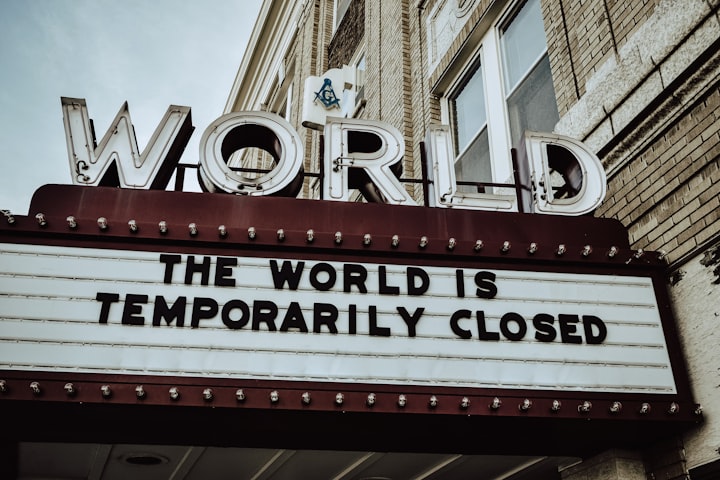
The economic recession triggered by the COVID-19 pandemic has had a profound impact on businesses and employment rates globally. The pandemic led to widespread lockdowns, travel restrictions, and reduced consumer spending, which resulted in significant disruptions to industries and supply chains, leading to a sharp decline in economic activity.
One of the immediate consequences of the recession was the financial strain faced by businesses, particularly small and medium-sized enterprises (SMEs). Many businesses experienced revenue losses and cash flow challenges, leading to layoffs, furloughs, and, in some cases, closures. Industries heavily reliant on in-person interactions, such as hospitality, tourism, and retail, were particularly hard-hit, with many establishments struggling to survive.
The pandemic-induced recession also had a significant impact on unemployment rates. As businesses faced financial difficulties, they were forced to reduce their workforce or implement hiring freezes. Many individuals lost their jobs or faced reduced working hours, contributing to a surge in unemployment rates worldwide. Job losses were observed across various sectors, including hospitality, entertainment, aviation, and manufacturing.
Furthermore, certain demographics were disproportionately affected by the economic downturn. Low-wage workers, individuals in precarious employment, and those in sectors heavily impacted by lockdowns faced a higher risk of job loss or reduced income. Additionally, women, young people, and minority communities faced higher unemployment rates due to their overrepresentation in industries severely affected by the pandemic.
Governments and policymakers responded to the economic crisis with various measures to mitigate the impact. These included fiscal stimulus packages, wage subsidy programs, and loans and grants to support struggling businesses. Unemployment benefits and social safety nets were expanded to provide financial assistance to those who lost their jobs.
As vaccination efforts progressed and restrictions eased in many regions, there have been signs of economic recovery. However, the path to full recovery remains uncertain, as the pandemic's impact continues to evolve, and challenges such as new variants and supply chain disruptions persist. Some sectors have shown resilience and adapted to the changing landscape through digital transformation and remote work practices, while others continue to face significant challenges.
Moving forward, rebuilding and revitalizing businesses will be crucial to restoring economic growth and reducing unemployment rates. Governments, businesses, and international organizations need to collaborate to create an enabling environment for entrepreneurship, provide targeted support to the hardest-hit industries, and invest in reskilling and upskilling programs to facilitate a transition to new job opportunities.
Additionally, the pandemic has highlighted the need for resilience and diversification in the global economy. Businesses are increasingly focusing on innovation, digitalization, and sustainable practices to adapt to the new normal and mitigate future disruptions. Governments are also exploring strategies to strengthen local supply chains and reduce reliance on vulnerable global networks.
While the economic recession caused by the pandemic has been severe, it has also presented an opportunity to reimagine and reshape the economy in a more sustainable and inclusive manner. By implementing supportive policies, investing in education and skills development, and fostering entrepreneurship, societies can work towards building a more resilient and inclusive economy that can withstand future shocks and provide opportunities for all.
The pandemic-induced economic recession has had far-reaching consequences beyond immediate job losses and business closures. It has disrupted global trade and supply chains, led to decreased investments, and dampened consumer confidence. Small businesses, in particular, have struggled to recover, as they often lack the financial resources and resilience to weather prolonged economic downturns. The impact on unemployment rates has been significant, with many individuals experiencing long-term unemployment or difficulties reentering the job market. Governments and organizations have recognized the need for targeted support and recovery measures, including job creation programs, skills training, and business incentives, to mitigate the long-term effects of the recession and foster economic recovery.
About the Creator
Noel
Ink and Inspiration: The Journey of a Powerful Writer
be-blessed






Comments
There are no comments for this story
Be the first to respond and start the conversation.